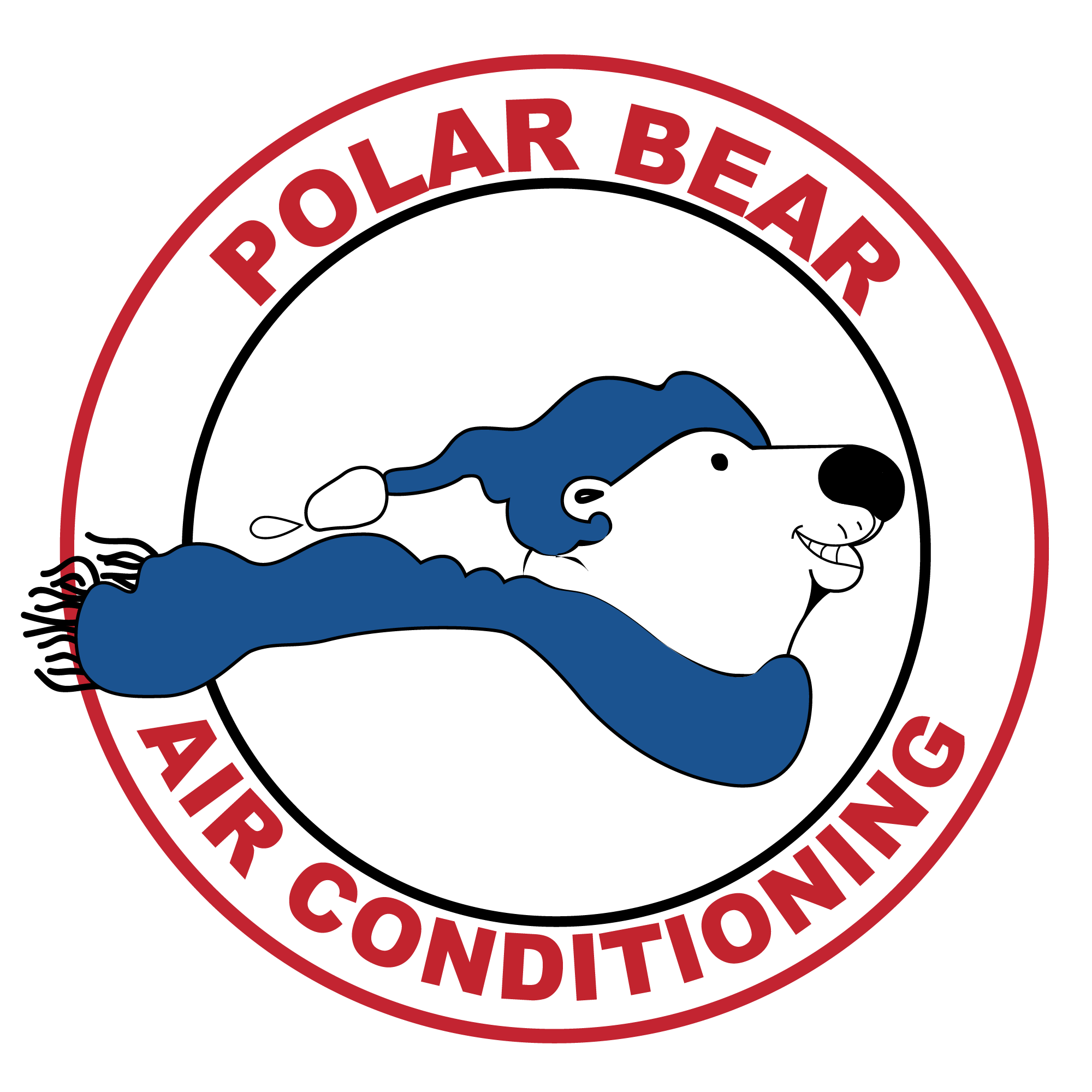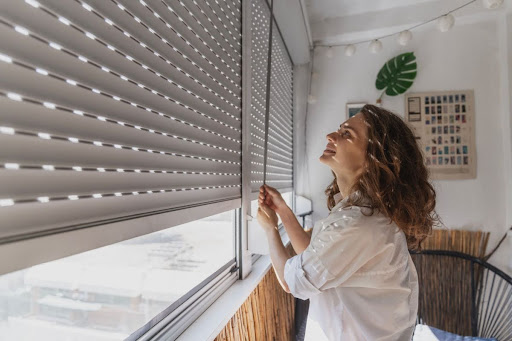Humidity makes everything feel hotter, stickier, and more uncomfortable. But it’s not just you suffering — it’s your AC, too. Excess moisture in the air makes your system work harder to keep your home cool, leading to extra wear and tear, higher energy bills, and a shorter lifespan for your unit.
The good news? With the right care, you can extend the lifespan of your air conditioning unit in humid climates and avoid unnecessary breakdowns. Here’s how to keep your system running efficiently for years.
1. Schedule Regular Maintenance
Keeping up with AC maintenance is one of the easiest tips to extend the lifespan of your AC unit in a humid climate.
- Change the air filter every one to three months to prevent dust buildup.
- Schedule an annual inspection to check refrigerant levels, airflow, and potential issues.
- Clear debris around the condenser unit to allow proper airflow.
A well-maintained system runs more efficiently and lasts longer, saving you money on repairs and energy costs.
2. Control Humidity in Your Home
Since excess moisture makes your AC work harder, one of the best things you can do is manage indoor humidity levels. A good way to do this is by using a dehumidifier. By pulling extra moisture from the air, a dehumidifier reduces strain on your AC and helps it run more efficiently.
Looking for dehumidifiers in the Cayman Islands? Polar Bear Air Conditioning offers dehumidifier services that can help keep your home’s humidity levels in check.
3. Upgrade to a Smart or Programmable Thermostat
Investing in a smart or programmable thermostat is one of the simplest but most effective tips to extend the lifespan of your AC unit in a humid climate. A smart thermostat helps regulate your home’s temperature without wasting energy. By setting schedules, you prevent your AC from running at full power when it’s not needed.
Adjusting your settings by even a few degrees when you’re away can prevent excess strain on the compressor, capacitor, and other key components, keeping your AC running longer.
4. Keep Your Ducts and Vents Clean
Blocked ducts and vents force your AC to work harder, which leads to more wear over time.
- Have your ducts cleaned if you notice dust buildup, weak airflow, or musty smells.
- Keep vents clear of furniture and rugs for better circulation.
- Change filters regularly to improve indoor air quality and prevent dust from clogging your system.
5. Protect Your Outdoor Unit
Your outdoor condenser is exposed to heat, storms, and debris, which can cause damage.
- Keep vegetation trimmed at least two feet away from the unit.
- Check for water damage and rust after heavy rain.
- Make sure the unit is level to avoid putting stress on the compressor.
A little maintenance outside goes a long way in extending the lifespan of your air conditioning unit in humid climates.
6. Reduce Extra Heat in Your Home
The less heat your home traps, the less strain on your AC.
- Use a clothes dryer and oven during cooler times of the day.
- Close blinds and curtains to block out direct sunlight.
- Use a ceiling fan to circulate air and make rooms feel cooler.
By keeping unnecessary heat out, your AC doesn’t have to work as hard to maintain a comfortable temperature.
7. Know When It’s Time for an Upgrade
Even with great care, AC units don’t last forever. If your system is over ten to 15 years old, frequently needs repairs, or struggles to keep up, replacing it may be a smarter investment than constant fixes.
Newer units use better technology, run more efficiently, and can handle humidity better — leading to improved indoor air quality and lower electricity costs. If you’re unsure, a professional inspection can help determine if it’s time for a replacement.
Does an AC Run Longer in High Humidity?
Yes, AC units can run longer in high humidity. When there’s excess moisture in the air, it makes your home feel warmer, even if the temperature is set correctly. As a result, your AC has to work harder and run longer cycles to maintain a comfortable indoor environment.
This extra runtime can increase wear and tear, raise electricity costs, and put more strain on the system. If your AC seems to be running constantly, high humidity could be the reason.
The Bottom Line
Keeping your AC in top shape requires a little extra effort in humid climates, but it’s well worth it. If you’ve been wondering how to extend the lifespan of your air conditioning unit in humid climates, simple steps like using a dehumidifier, scheduling regular maintenance, changing air filters, and keeping the outdoor unit clean can make a big difference.
Other tips to extend the lifespan of your AC unit in a humid climate include using ceiling fans, upgrading to a smart thermostat, and being mindful of household heat sources. A little care goes a long way in keeping your home cool, comfortable, and cost-efficient for years to come.
Keep Your AC Running Longer With the Right Care
If you want expert guidance on how to extend the lifespan of your air conditioning unit in humid climates, Polar Bear Air Conditioning is here to help. We proudly serve homeowners across the Cayman Islands.
Take Care of Your AC, and It’ll Take Care of You
Living in a humid climate means your AC is working overtime, but with the right care, you can help it last for years. By following these tips to extend the lifespan of your AC unit in a humid climate, you can keep your home cool, lower your energy bills, and avoid unnecessary breakdowns.
Need help keeping your system in top shape? Polar Bear Air Conditioning offers expert AC maintenance, repairs, and indoor air quality services in the Cayman Islands. Schedule a service today!


0 Comments